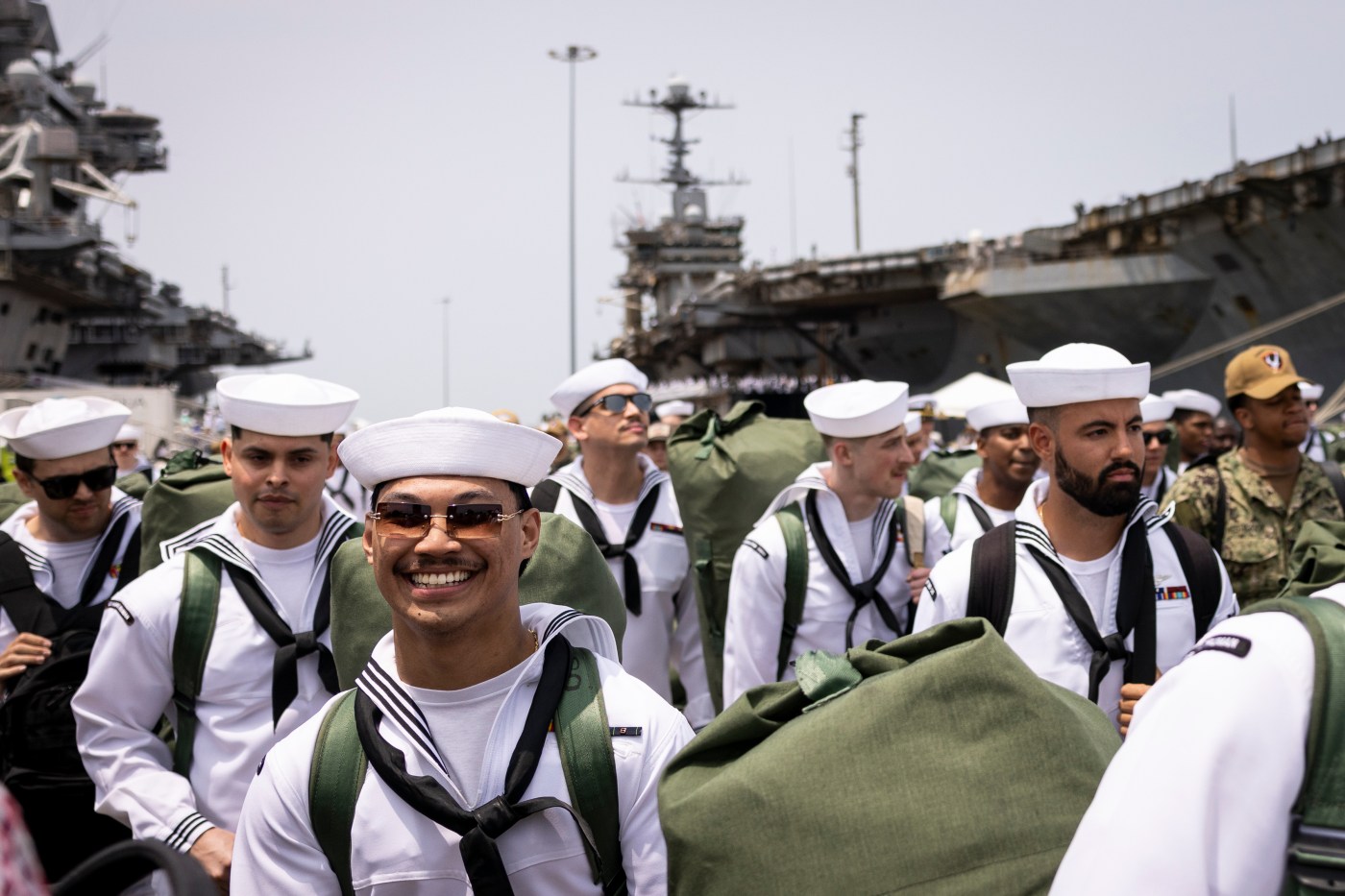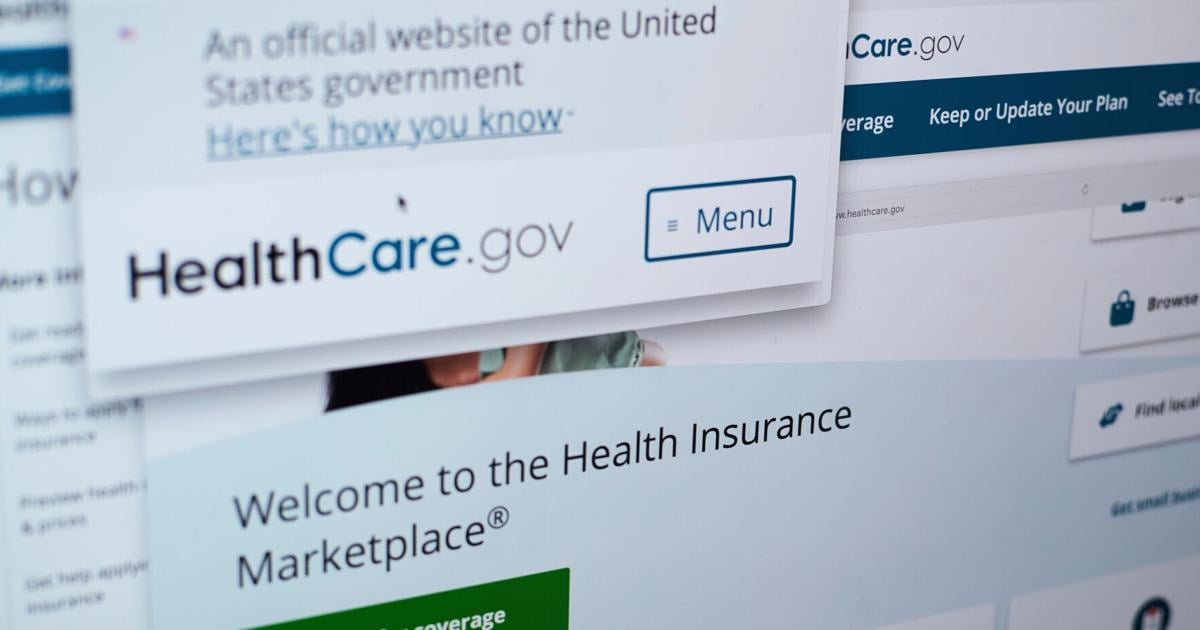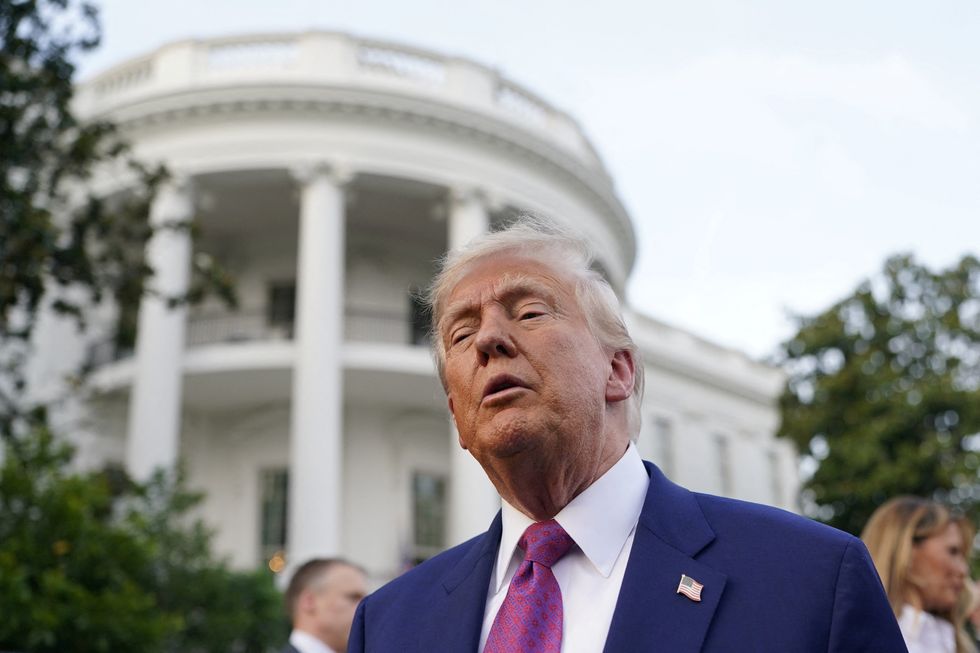UPDATE: As America prepares to honor its veterans this Veterans Day, a groundbreaking report reveals that the face of military service is transforming at an unprecedented pace. The study, titled “The Future Veteran: Who Will They Be in 2050?” by the Center for a New American Security, indicates that the next generation of veterans will look radically different, reshaping how we view and support service members.
With the evolving nature of warfare driven by technological advancements, tomorrow’s veterans may never set foot on traditional battlefields. Instead, they will likely command drones, neutralize cyber threats, and manage AI defense systems. This shift is not just theoretical; it’s happening now, particularly felt in areas like Hampton Roads, where military installations are adapting to modern demands.
Currently, the veteran population is largely male, shaped by their experiences in Iraq and Afghanistan. Many have returned with visible and invisible scars, navigating a complex reintegration process. However, if we limit our understanding of “veteran” to this narrative, we risk overlooking the imminent changes that challenge how America supports its heroes.
By 2050, the veteran demographic will be more diverse, including more women, people of color, dual-career couples, and single parents. Their skill sets will reflect the tech-driven landscape, with resumes that resemble those of tech engineers rather than traditional military leaders. As the workforce evolves, so must our systems for healthcare and employment.
The societal disconnect from military service is growing. As warfare becomes more automated, the public’s understanding of military service may fade, increasing the need for veterans to articulate the value of their roles in an increasingly invisible conflict. This disconnection could threaten the support and connection veterans need and deserve.
Recently, I attended a Remembrance Day ceremony at Winfield House, and the contrast in attendance was striking. The audience was primarily older veterans, highlighting a potential disconnect with younger generations. If Veterans Day is to remain relevant, it must evolve, combining remembrance with anticipation for the future.
To truly honor those who serve, America must adapt its policies and perceptions to align with the changing nature of service. The essence of military service—sacrifice, duty, and commitment—persists, but the tools and environments in which these values are expressed are shifting from “boots to bots.”
As we look ahead, it’s imperative to modernize our support systems, language, and expectations while ensuring our gratitude for every generation of veterans is unwavering. Whether they served in trenches, flew over deserts, or defended digital frontlines, each veteran deserves recognition.
This Veterans Day, as we reflect on the past, let us also pledge to honor the future of veterans. With new challenges ahead, our respect and support must evolve to meet the needs of those who are bravely stepping into an uncertain future. David W. Walker, President and CEO of the Coalition to Salute America’s Heroes, emphasizes the urgency of this transformation.
We stand at a critical juncture: will we be ready to support the veterans of tomorrow? The answer lies in our willingness to change and adapt.







